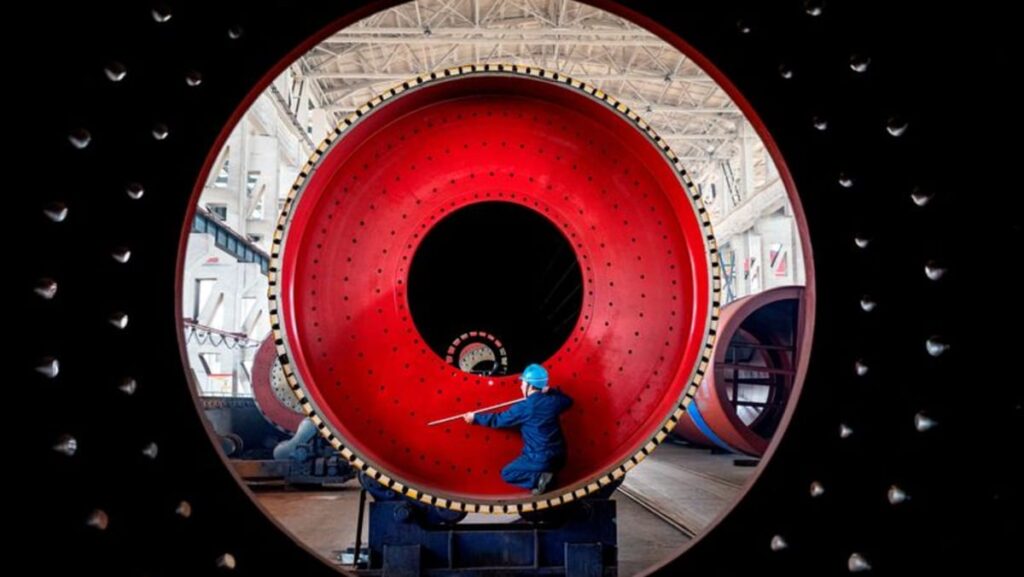BEIJING: China’s factory activity in May shrank for the first time in eight months, a private-sector survey showed on Tuesday, indicating US tariffs are now starting to directly hurt the manufacturing superpower.
The Caixin/S&P Global manufacturing PMI fell to 48.3 in May from 50.4 in April, missing analysts’ expectations in a Reuters poll and marking the first contraction since September last year. It was also the lowest reading in 32 months.
The 50-mark separates growth from contraction.
The result is broadly in line with China’s official PMI released on Saturday that showed factory activity fell for a second month.
A federal appeals court temporarily reinstated the most sweeping US tariffs, a day after a trade court ruled that President Donald Trump had exceeded his authority in imposing the duties and ordered an immediate block on them.
Two weeks after breakthrough negotiations that resulted in a temporary truce in the trade war between the world’s two biggest economies, US Treasury Secretary Scott Bessent said on Thursday the talks are “a bit stalled”.
China’s Premier Li Qiang last week said the country is mulling new policy tools, including some “unconventional measures”, which will be launched as the situation evolves.
According to the Caixin survey, new export orders shrank for the second straight month in May and at the fastest pace since July 2023. Producers said the US tariffs restrained global demand.
That dragged down overall new orders to the lowest since September 2022.
Factory output, meanwhile, contracted for the first time since October 2023.
Employment in the manufacturing sector declined at the sharpest pace since the start of this year, as producers cut headcount.
Output prices have fallen for six straight months due to intense market competition.
In the auto industry, for example, an intensifying price war in China has stoked fears of a long-anticipated shake-out in the world’s largest car market.
Robin Xing, Chief China Economist at Morgan Stanley, said this underscores how supply-demand imbalances continue to fuel deflation.
“There is growing rhetoric about the need for rebalancing, but recent developments suggest the old supply-driven model remains intact. Thus, reflation is likely to remain elusive.”
Surprisingly, export charges rose for the first time in nine months, marking the fastest growth since July 2024, as companies cited rising logistics costs and tariffs.
Overall, business optimism improved in terms of future output, as they expect the trade environment to improve with market expansion.

